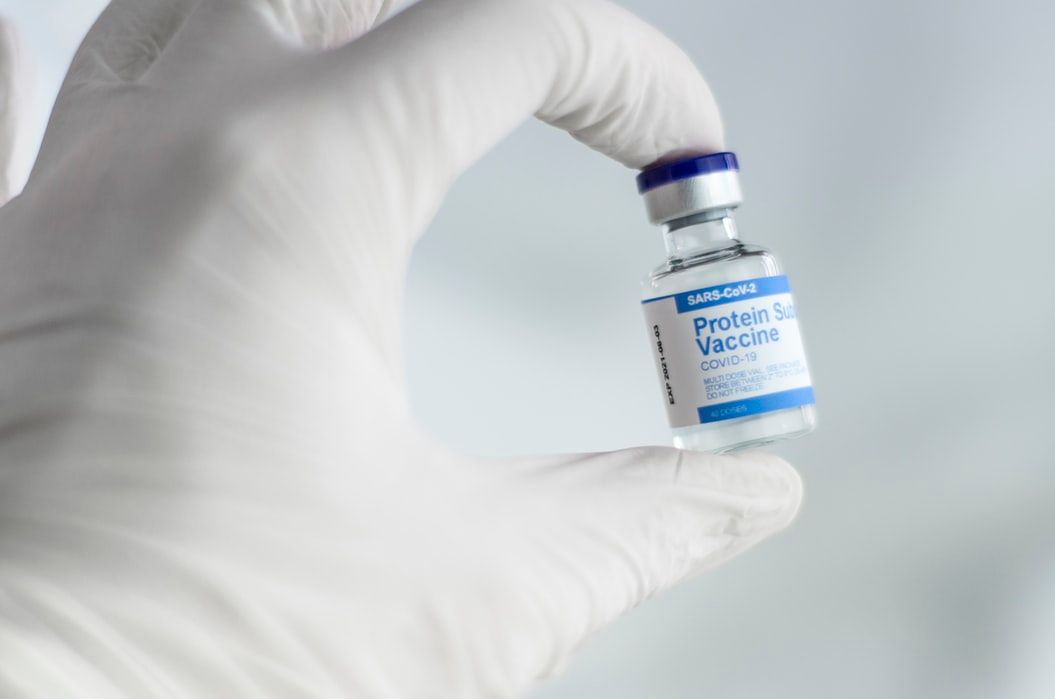After an 11-day pause on the use of the Johnson & Johnson COVID-19 vaccine, US health regulatory bodies have re-approved the jab accepting recommendations from an expert panel.
As per advisors to the Centers for Disease Control and Prevention, the benefit of a single dose COVID-19 vaccine surpasses the risk of rare blood clots. The panel recommended that young women be informed of the risks associated with the vaccine and can decide if they want to take the Johnson & Johnson vaccine or not.
The Food and Drug Administration and CDC agreed with this recommendation. Earlier this week, European regulators also came to a similar conclusion where the benefits of a single dose vaccine greatly outweigh the much smaller risk of blood clots.
The panel debated direct age restrictions but later decided against it. It voted 10-4 in favour to resume the use of the vaccine and add blood warning to leaflets accessible to health workers and women at vaccination centers.
Also Read: Johnson & Johnson COVID-19 vaccine use should resume but with warning: CDC
Out of eight million people who received the jab, 15 recipients of the Johnson & Johnson vaccine developed a rare kind of blood clot, as discovered by federal health officials. Three women lost their lives and seven are still in the hospital. The unusual clot was suffered only by women under the age of 50.
Also Read: 9 million J&J COVID jabs await re-approval as US fully vaccinates 2/3rd seniors
Dr Jose Romero, panel chairman and Arkansas’ health secretary said the committee agrees that the Johnson & Johnson vaccine “should be put back into circulation. The difference was how you convey the risk … It does not absolve us from making sure that people who receive this vaccine, if they are in the risk group, that we inform them of that.”
Voting against the resumption, Dr Sarah Long from Drexel University College of Medicine said, “This is an age group that is most at risk (of the clotting) that is getting vaccine predominately to save other peoples’ lives and morbidity, not their own. And I think we have a responsibility to be certain that they know this.”







